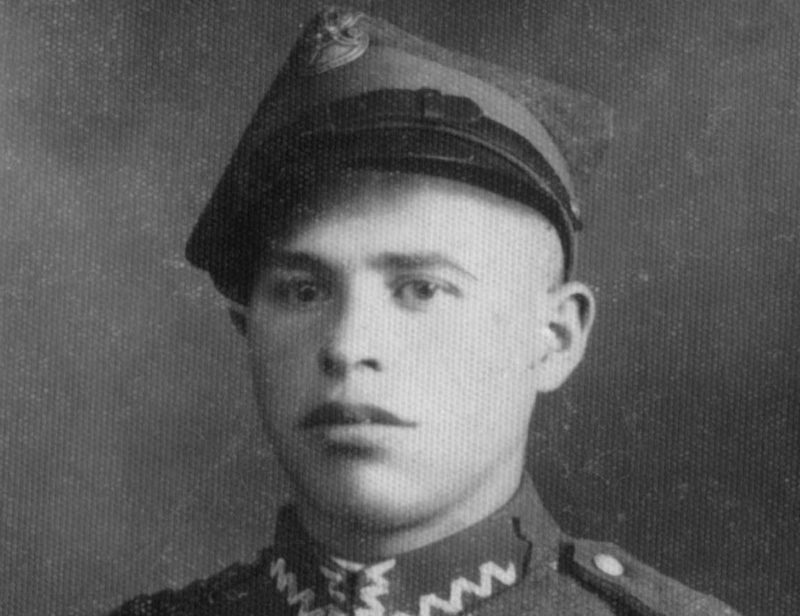
Abe Asner was a Jewish partisan and veteran of the Polish army who used his military training to fight Nazis and rescue Jews during the Holocaust.
Born to a traditional Jewish family in Nacha (now Belarus) in 1916, Abe was raised in Lida, Poland and served in the Polish army. After Hitler invaded Poland in 1939, Abe went to Lithuania, which for centuries had been a hub of Jewish life and learning. Germany invaded Lithuania in June 1941 and the Nazis immediately forced all the Jews into squalid ghettoes. Abe knew his best chance of survival was to find a place to hide where the Germans wouldn’t find them. Young, strong, and desperate, Abe fled into the forest.
Over the next three years, as his family and the other Jews were deported to death camps where most of them perished, Abe stayed alive by staying on the run. He traveled at night, foraging for food and accepting the kindness of farmers who sometimes shared provisions with him. Most of the time he was hungry.
With a group of fellow Jews including several of his brothers, Abe established a hideaway deep in the woods that became a base camp for about sixty Jews, as well as escaped Russian POWs. One of the few with military training, Abe became a leader of the group of partisans. (Partisans were civilians who fought against the Nazis.) He managed to obtain weapons, and organized attacks against the Nazis including sabotaging German supply lines and robbing food convoys. They also snuck into the ghetto and helped fellow Jews escape. Their missions were conducted under cover of darkness and Abe later recalled, “The night was our mother.” This scrappy band of militants were such a threat to the Nazis that high bounties were placed on their heads, “dead or alive.”
During the harsh winter in the Lithuanian forest, some of the Jewish partisans chose to return to the ghetto. Sadly, many of them were deported to concentration camps before they could escape again. Abe remained in the forest, sometimes barely clinging to life due to starvation and hypothermia. One day, he and his brother were foraging for food in a nearby town when they encountered a young Jewish woman who wanted to join them in the forest. Abe was hesitant because their small group didn’t even have enough food for themselves, but his brother made the point that if 33 people were going to starve, why not 34? Abe relented, and wound up marrying the woman, whose name was Libke.
In 1944, the Russians arrived and liberated the area. Many of the Jewish survivors were drafted into the Russian army but Abe was able to avoid it. He was, however, detained by the dreaded NKVD, the Soviet secret police. Finally, Abe was released because of a law allowing those who were Polish citizens before 1939 to return to Poland. From Poland, Abe immigrated to the United States and then Canada.
The trauma of the war years stayed with Abe for the rest of his life and he suffered from PTSD. Despite his physical and emotional pain, Abe built a successful life in Canada. He was proud of his brave actions during the war and said, “We didn’t go like sheep. We did as much as we could. We did a lot. People should know somebody did [fight back.] People should know.”
Abe Asner died in 2015, at age 98. He was survived by Liebke, two daughters and four grandchildren.
For fighting Nazis and helping his fellow Jews, we honor Abe Asner as this week’s Thursday Hero.
Get the best of Accidental Talmudist in your inbox: sign up for our weekly newsletter.